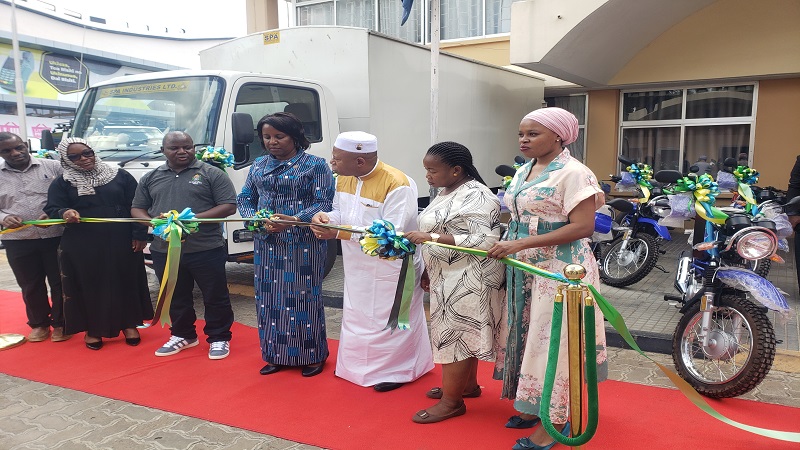Burundi joins EAC telecom networking

THE East African Community (EAC) one network area (ONA) has expanded with the entry of Burundi from the start of August.
Andrea Aguer Ariik, the EAC deputy secretary general for infrastructure, productive, social and political sectors said yesterday that Burundi informed the secretariat of the move in a communiqué dated 29th July, 2024.
He said the Agency for Control and Regulation of Telecommunications (ACRT) announced that the entry into force from 1st August, 2024 with new tariffs for regional roaming in accordance with the relevant protocol dating 2nd October 2023 as Burundi joined the regional one network area.
Burundi now joins Kenya, Rwanda, South Sudan, Uganda and Tanzania as ONA accession partner states, reducing the high cost of cross border telecommunication activity, leading DRC and Somalia as non-accessing partner states.
“These unique tariffs, competitive on a regional scale, will significantly reduce the costs of cross-border communications within the EAC,” the Burundi agency affirmed in its communiqué.
It directed mobile network operators to clearly communicate applicable tariffs for regional direct and roaming framework communications to its clients, “and apply the detailed billing to verify the communications made and the amounts invoiced.”
The measures would ensure a transparent, reliable and satisfactory user experience in the area network, it said, with the new entry widening the reach of cheaper calls and mobile data roaming charges across the region.
The EAC administrator said that Burundi joining the network adds to the ease of doing business in East Africa and the free movement of persons, services and capital as demanded in the EAC common market protocol.
Widening the network area strengthens the integration process removing the fear of high billing charges in mobile calls whether at home or in another partner state, he stated.
“ONA promotes easier communication among the business community spanning the entire region transacting merchandise or services,” he said, noting that the EAC looks forward to seeing all partner states being fully on the network. “It will be a big boost on our journey to an integrated East Africa,” he further noted.
The framework for harmonised EAC roaming was developed at the 30th meeting of the EAC council of ministers in 2014, accepted by the summit February 2015. It imposed price caps on roaming charges, asking the partner states to remove surcharges on cross-border telecommunications activity limited to the partner states, he added.
Top Headlines
© 2025 IPPMEDIA.COM. ALL RIGHTS RESERVED

























